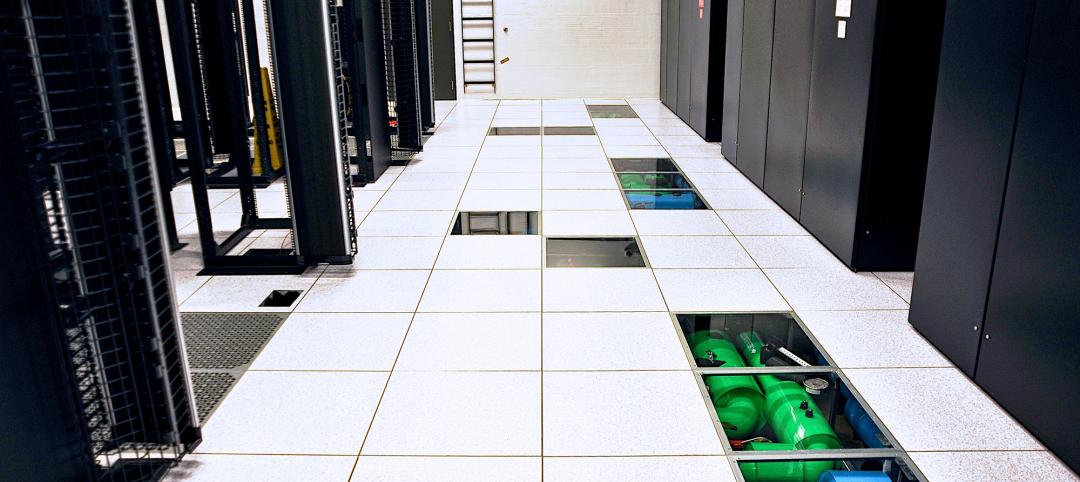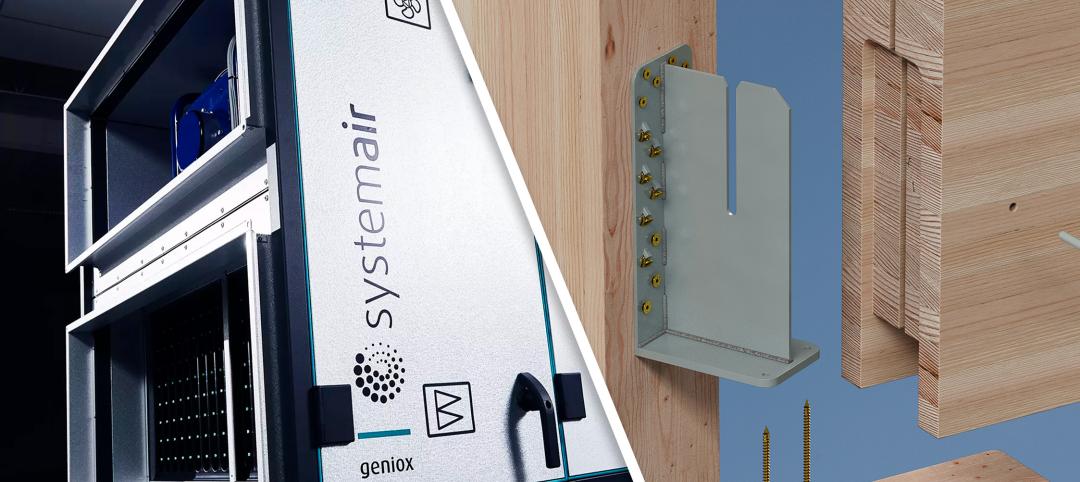After operating the first biomass boiler in the Ketchikan, Alaska, Federal Building, the U.S. General Services Administration (GSA) has concluded that biomass boilers are a viable alternative for hot-water-heated buildings where natural gas is unavailable.
According to a study by the National Renewable Energy Laboratory (NREL), biomass boilers will be most cost-effective for buildings in cold northern climates within 50 miles of a wood pellet mill. Of the more than 1,500 GSA-owned buildings, researchers identified approximately 150 assets as potential candidates for biomass heating technology.
“This study allowed us to pilot a sustainable technology that supports GSA’s goal of improving the efficiency of federally owned buildings,” said GSA Regional Administrator George Northcroft. “And the results are extremely encouraging and hopefully continue a larger conversation about overall movement toward a more sustainable, abundant and locally-produced energy source in Southeast Alaska.”
The biomass boiler is a renewable energy technology that powers hot-water-heating systems with solid wood fuel—such as wood pellets, chips, or sawdust. Biomass is one tactic the federal government is turning to as part of an effort to make the federal government more sustainable.
The boiler, installed at the Ketchikan Federal Building in March 2012 by Southwest Construction, a small, woman-owned business with operations in Anchorage, is part of the GSA’s Green Proving Ground (GPG) program. GSA replaced the building’s outdated, inefficient 1964 steam heating system with an energy efficient hydronic heating system that includes one biomass boiler and one high-efficiency oil-fired boiler that will serve as a back-up.
During the first year of operation, GSA ran the new system to test the efficiency and effectiveness of biomass to heat the federal office building. By using both boilers, GSA expected reduced fuel oil consumption by at approximately 50 percent in the first year with potential for greater reductions after the first winter. The Ketchikan Federal Building historically burned up to 9,000 gallons of fuel oil each year.
The Green Proving Ground program leverages GSA’s real estate portfolio to evaluate emerging sustainable building technologies. The program aims to drive innovation in environmental performance in federal buildings and help lead market transformation through deployment of new technologies.
Find this report, two other new reports, other previously released reports and more information about GSA’s Green Proving Ground program at www.gsa.gov/GPG.
Related Stories
MFPRO+ News | Feb 15, 2024
Nine states pledge to transition to heat pumps for residential HVAC and water heating
Nine states have signed a joint agreement to accelerate the transition to residential building electrification by significantly expanding heat pump sales to meet heating, cooling, and water heating demand. The Memorandum of Understanding was signed by directors of environmental agencies from California, Colorado, Maine, Maryland, Massachusetts, New Jersey, New York, Oregon, and Rhode Island.
Sustainability | Feb 7, 2024
9 states pledge to accelerate transition to clean residential buildings
States from coast to coast have signed a joint agreement to accelerate the transition to pollution-free residential buildings by significantly expanding heat pump sales to meet heating, cooling, and water heating demand in coming years.
ProConnect Events | Dec 29, 2023
7 ProConnect events scheduled for 2024, including all-new 'AEC Giants'
SGC Horizon present 7 ProConnect events in 2024.
75 Top Building Products | Dec 13, 2023
75 top building products for 2023
From a bladeless rooftop wind energy system, to a troffer light fixture with built-in continuous visible light disinfection, innovation is plentiful in Building Design+Construction's annual 75 Top Products report.
Products and Materials | Nov 30, 2023
Top building products for November 2023
BD+C Editors break down 15 of the top building products this month, from horizontal sliding windows to discreet indoor air infusers.
Data Centers | Nov 22, 2023
How is artificial intelligence impacting data center design?
As AI is reshaping how we interact with machines and the world around us, the design of data centers needs to adapt to this fast-changing landscape. So, Page pairs expert thinking with high-performing solutions to meet the needs of rapidly advancing technologies.
Products and Materials | Oct 31, 2023
Top building products for October 2023
BD+C Editors break down 15 of the top building products this month, from structural round timber to air handling units.
Products and Materials | Sep 29, 2023
Top building products for September 2023
BD+C Editors break down 15 of the top building products this month, from smart light switches to glass wall systems.
75 Top Building Products | Aug 7, 2023
Enter today! BD+C's 75 Top Building Products for 2023
BD+C editors are now accepting submissions for the annual 75 Top Building Products awards. The winners will be featured in the November/December 2023 issue of Building Design+Construction.
Mechanical Systems | Jun 16, 2023
Cogeneration: An efficient, reliable, sustainable alternative to traditional power generation
Cogeneration is more efficient than traditional power generation, reduces carbon emissions, has high returns on the initial investment, improves reliability, and offers a platform for additional renewable resources and energy storage for a facility. But what is cogeneration? And is it suitable for all facilities?

















